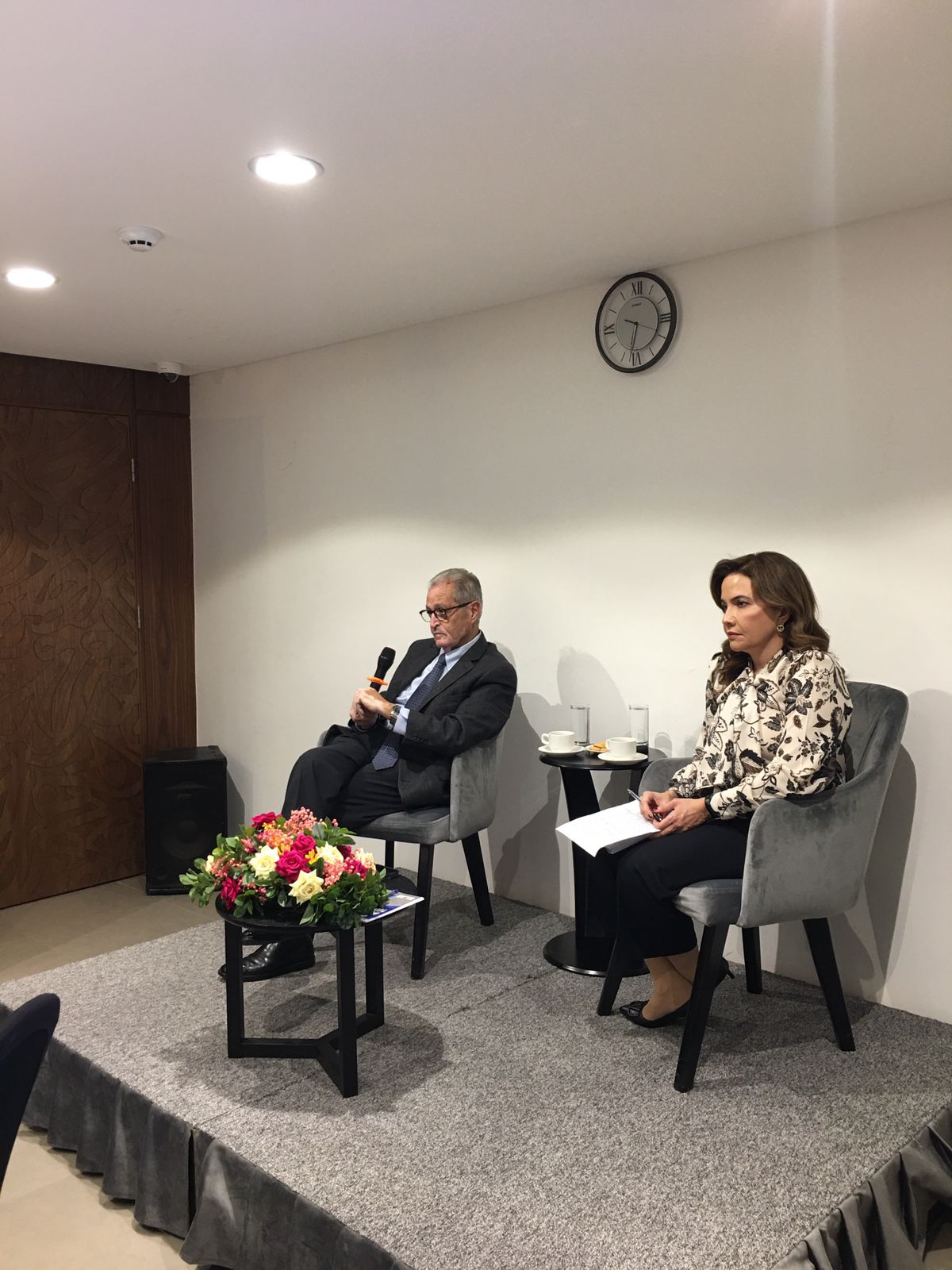Jordan ranks as one of the most water-scarce countries in the world, with an estimated water requirement of three million cubic meters per day for all uses, according to the Global Water Index.
To overcome this problem, Jordan is moving to implement the “National Conveyance Project” as a strategic option to solve the worsening water deficit, as it will provide 300 million cubic meters of desalinated water annually, which will be used for drinking, agriculture, industry, among other uses, and will reduce the Kingdom’s dependence on external sources to secure its water.
To understand the details of the project and its impact on improving the water situation in Jordan, the Arab Renaissance for Democracy and Development (ARDD), within the framework of the Palestinian Cause program, held a panel discussion under the title: “The Water Conveyance Project: The Dream of National Security and Implementation Challenges”, on Monday, December 18, 2023, during which it hosted water expert Dr. Duraid Mahasneh, as part of the second series of seminars to follow up on, record, and document the developments of the war in Palestine, in cooperation with the Human and Economic Development Forum (Hadaf) at ARDD.
On the national Conveyance project, Mahasneh said that “circumstances have prevented the project from seeing the light until this day, as it was first presented in 2011, and then the Bahrain Conveyance project, which was concerned with raising the water level in the Dead Sea, but the agreements were not completed as required, so the project was launched again in 2019 and is yet to be implemented.
According to Mahasneh, the project consists of a plant on the southern shore of the Gulf of Aqaba, a desalination and pumping
plant in Aqaba, and a 450-km pipeline, which will provide a sustainable source of drinking water and bridge the current gap between what is required and what is available. It is a completely national project with no political affiliations.
Mahasneh went on to add that “Our water situation is very fragile and precarious. This project won’t solve our problem, as we do not have sufficient quantities of groundwater. We currently have enough water for two million people while the Kingdom’s has a population of 11 million, according to the minimum water share per capita, not even global standards.”
The reason for this, according to Mahasneh, “is that the main source of water in Jordan is rain, and we depend on it to recharge groundwater. However, in our best years, we get about 7-8 billion cubic meters of rainfall, but about 90% of this amount evaporates.”
“Also, the construction methods in Jordan affected our water reserves, as we started building in the valleys that used to convey water to groundwater sources, and Amman and Zarqa were previously full of water creeks but now they have no water, due to the accumulation of buildings, meaning that our main problems are the population increase and the increase in construction in the wrong places,” Mahasneh added.
Furthermore, Mahasneh pointed out that the Yarmouk River is the main water source in Jordan, as we share the Yarmouk River with Syria, and it is called the “Yarmouk Basin”. However, Syria began to shift from planting olive trees and rain-fed crops to growing vegetables over the last 30 years, and to serve that transformation, wells were dug, and dams were built due to the change in agricultural patterns, which affected our water share of the basin.
In a related context, Mahasneh pointed out that there are so-called “downstream states”, which get the lowest share of water as they are the last to receive the water flow, and we represent
that state in the case of the Jordan River, as it originates from Lebanon and Syria and then flows into Palestine, which means that we get the least share of the flow, because most of the river course does not pass through our lands. He also pointed out that after 1967, the Israeli occupation diverted the Jordan River from its natural course towards the Dead Sea into the Negev, where most of the water was transported through canals and pipes.
On the possibility of Jordan achieving water independence, expert Mahasneh saw that “our natural resources are limited and not sufficient to cover our water needs,” saying: “There are options to solve these problems. I support the theory of the existence of groundwater in Jordan and the idea of continuing to dig wells and search for water. There have been technological advances and there are specialized companies that can identify the location, depth, and quality of water.”
In conclusion, the participants recommended the need for cooperation by the various bodies and companies that have experience, knowledge, and money to implement and manage the water Conveyance project in a successful, strategic, and engineered manner, while following best practices in dealing with the problem of water loss and coming up with creative solutions in this context. We must also change the agricultural pattern in the Kingdom and sit at the dialogue table to discuss national security issues such as water, energy, and food, among others.


